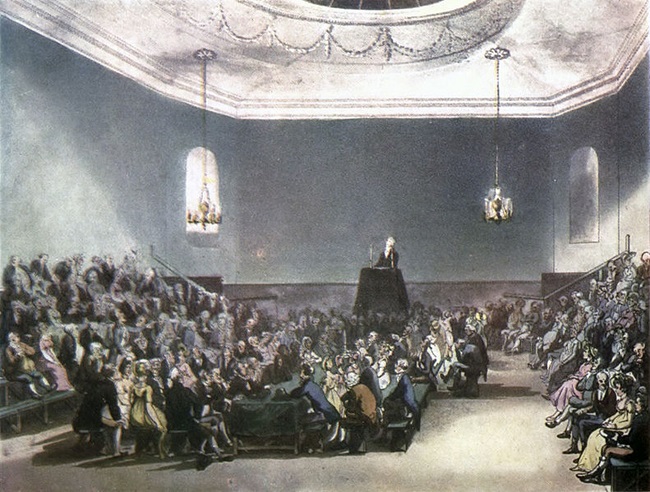Arguments and Alternatives in History
Module Leader: Dr Louisa Taylor
What is history? And how do historians study the past? What approaches and theories can we make use of? How do we draw on other disciplines such literature, anthropology, political science, and environmental studies to enrich our understanding of the primary sources we use to explore the past?
This core module investigates these questions through an exploration of the models, interpretations, and approaches that have influenced historical study since it was first professionalised in the nineteenth century. Each week, students will consider a different approach to studying the past and discuss how historians have used these approaches in their work. Students will be invited to reflect critically on the ways in which historians approach the study of the past and develop a toolkit of approaches they can use in their future research.
This module will provide students with the tools required to research at postgraduate level and is essential preparation for the masters dissertation.
Indicative Content
Content is subject to change depending on teaching staff. The below is a selection of topics that have been covered in recent years.
- Why study historiography and historical theory?
- The professionalisation of history
- Political and diplomatic history
- The Annales School
- Marxism, Social History and History from Below
- Cultural history, the literary turn, and postmodernism
- Women’s, gender, and queer history
- Military history
- Environmental history
- Public History and uses of the past
Coursework
- Annotated Bibliography – 20%
- Blog Post – 30%
- Historiographical Project – 50%

CC Thomas Rowlandson and Augustus Charles Pugin et. al, Debating Society, Piccadilly, 1808, https://commons.wikimedia.org/wiki/File:Microcosm_of_London_Plate_030_-_Debating_Society_(colour).jpg
Method of Delivery
This module will be delivered by a combination of online learning and live discussions and sessions. The primary means of engagement and debate of weekly topics will be through the module Discussion Board. This will be enhanced through the running of regular live sessions, which will take place on a day and time to be confirmed before the start of semester. All live sessions will be recorded and so students who are unable to attend these opportunities will be able to view the recordings in their own time.
Module Reading List
See Module Resource List on the UHI website.
Fees and funding
See UHI website.